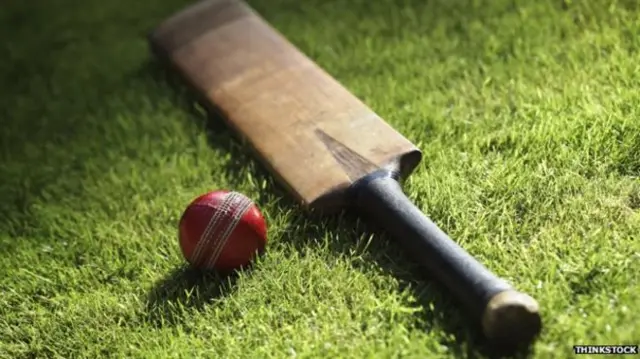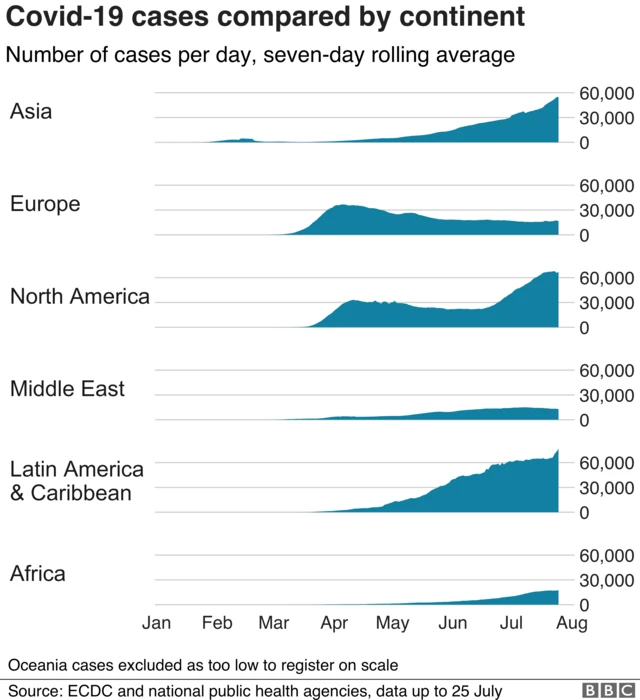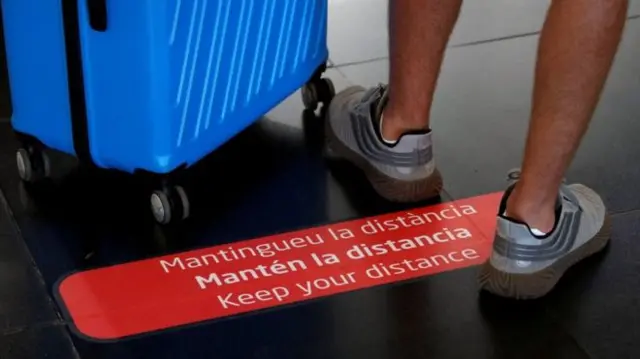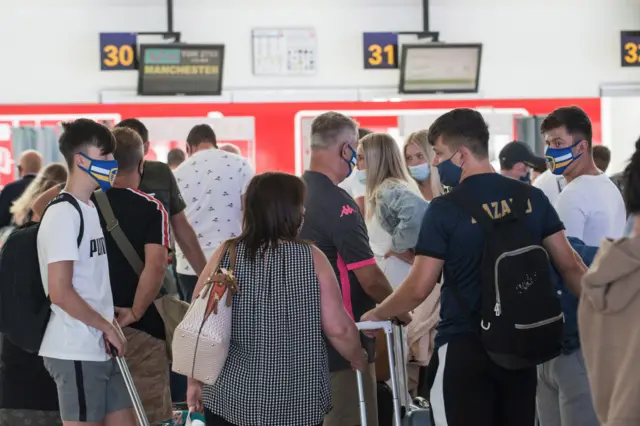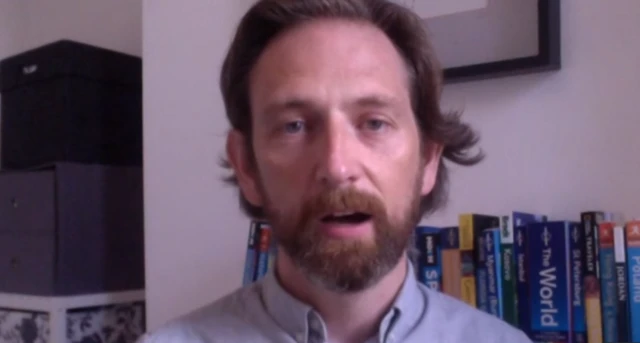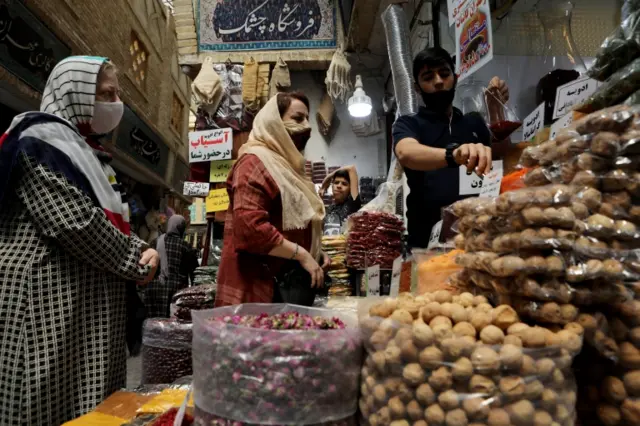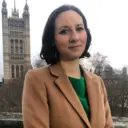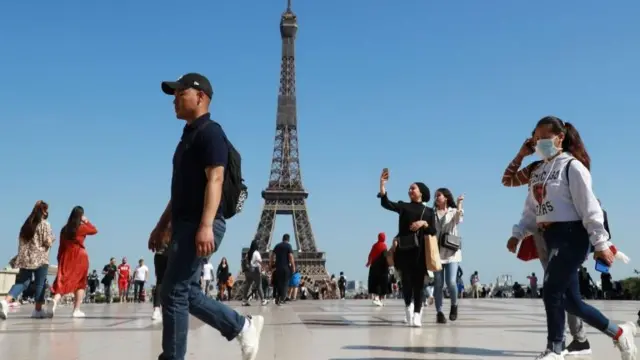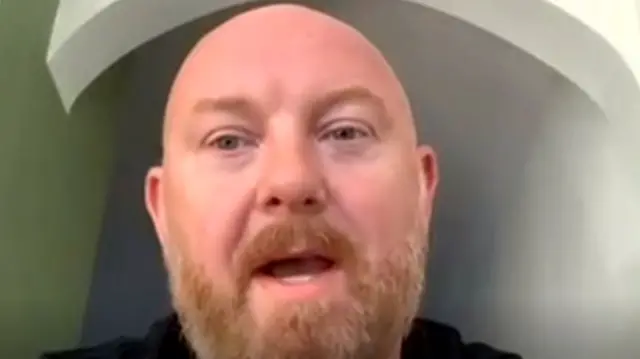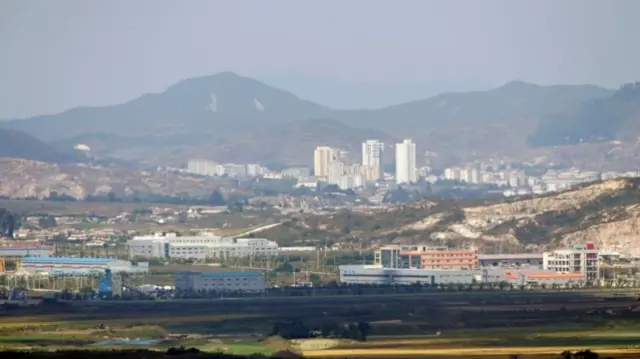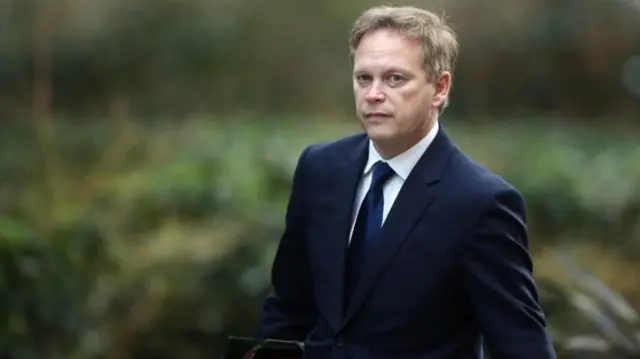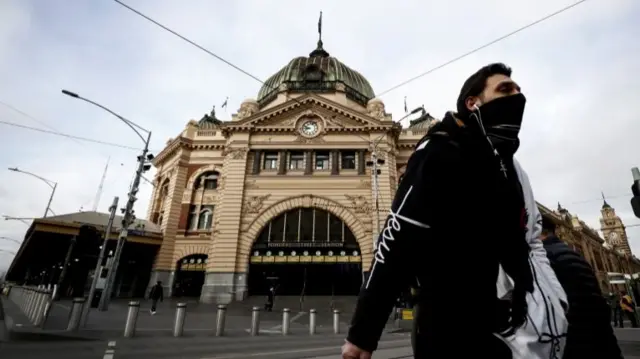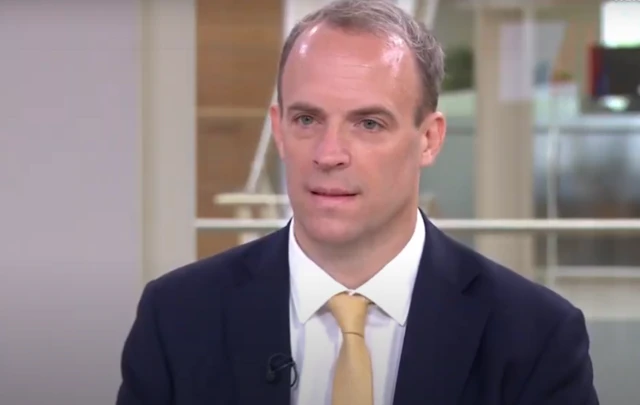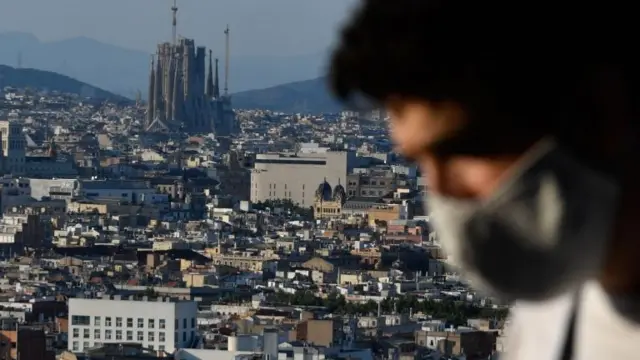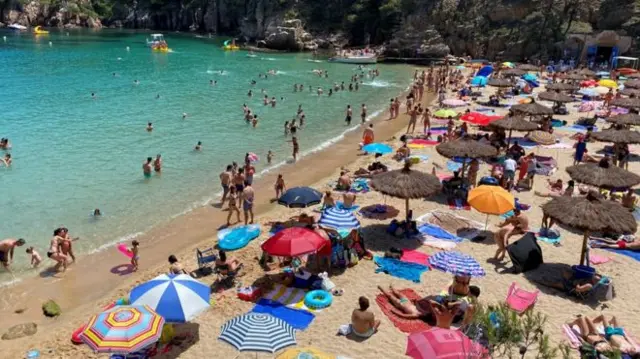Four locally-transmitted cases in Vietnam this weekendpublished at 13:47 BST 26 July 2020
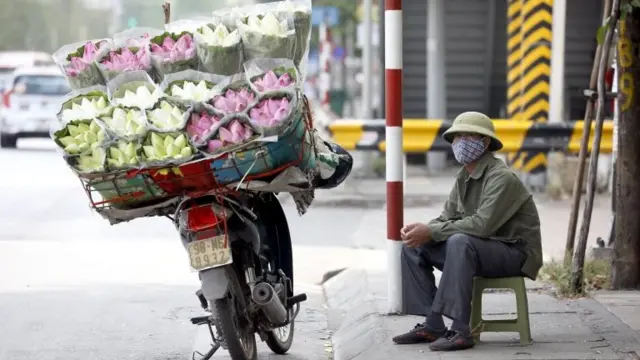 Image source, EPA
Image source, EPAWe reported yesterday that Vietnam had confirmed its first locally-transmitted case of coronavirus in 100 days - a 57-year-old grandfather in the central city of Danang.
Now another three locally-transmitted cases have been confirmed, and officials in the country have reintroduced social distancing measures in the city in response.
The three new cases included a 17-year-old boy in Quang Ngai province, and a 71-year-old woman in Danang.
Vietnam, a single-party communist state, has been praised globally for its swift and effective response to the coronavirus outbreak. It was one of the earliest countries to lock down and enforce restrictions.
Its total number of cases is now 420 - one of the lowest in the world - and its death toll is zero.
